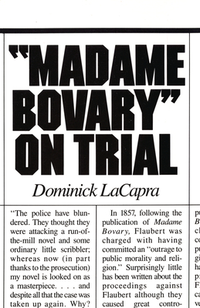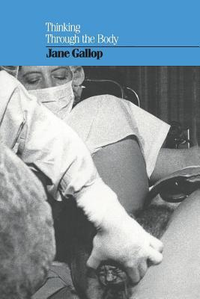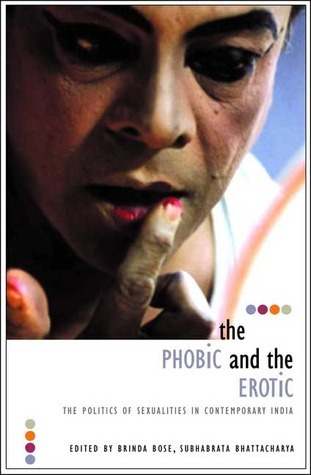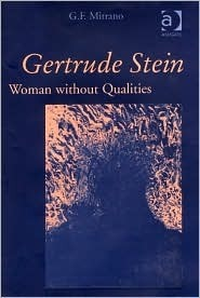Madame Bovary on Trial

Summary
In 1857, following the publication of Madame Bovary , Flaubert was charged with having committed an "outrage to public morality and religion." Dominick LaCapra, an intellectual historian with wide-ranging literary interests, here examines this remarkable trial. LaCapra draws on material from Flaubert’s correspondence, the work of literary critics, and Jean-Paul Sartre’s analysis of Flaubert. LaCapra maintains that Madame Bovary is at the intersection of the traditional and the modern novel, simultaneously invoking conventional expectations and subverting them.
Similar Books
-
 A Lover's Discourse: Fragments
A Lover's Discourse: Fragmentsby Roland Barthes
-
 Thinking Through the Body
Thinking Through the Bodyby Jane Gallop
-
 Phobic and the Erotic: The Politics of Sexualities in Contemporary India
Phobic and the Erotic: The Politics of Sexualities in Contemporary Indiaby Subhabrata Bhattacharyya
-

-
 The Current of Romantic Passion
The Current of Romantic Passionby Jeffrey C. Robinson
-

-
 Gertrude Stein: Woman without Qualities
Gertrude Stein: Woman without Qualitiesby G.F. Mitrano
-
 Love & Eroticism
Love & Eroticismby Mike Featherstone
-
 D. H. Lawrence: Aesthetics and Ideology
D. H. Lawrence: Aesthetics and Ideologyby Anne Fernihough
-
 Virginia Woolf: Reflections and Reverberations
Virginia Woolf: Reflections and Reverberationsby Marilyn Kurtz